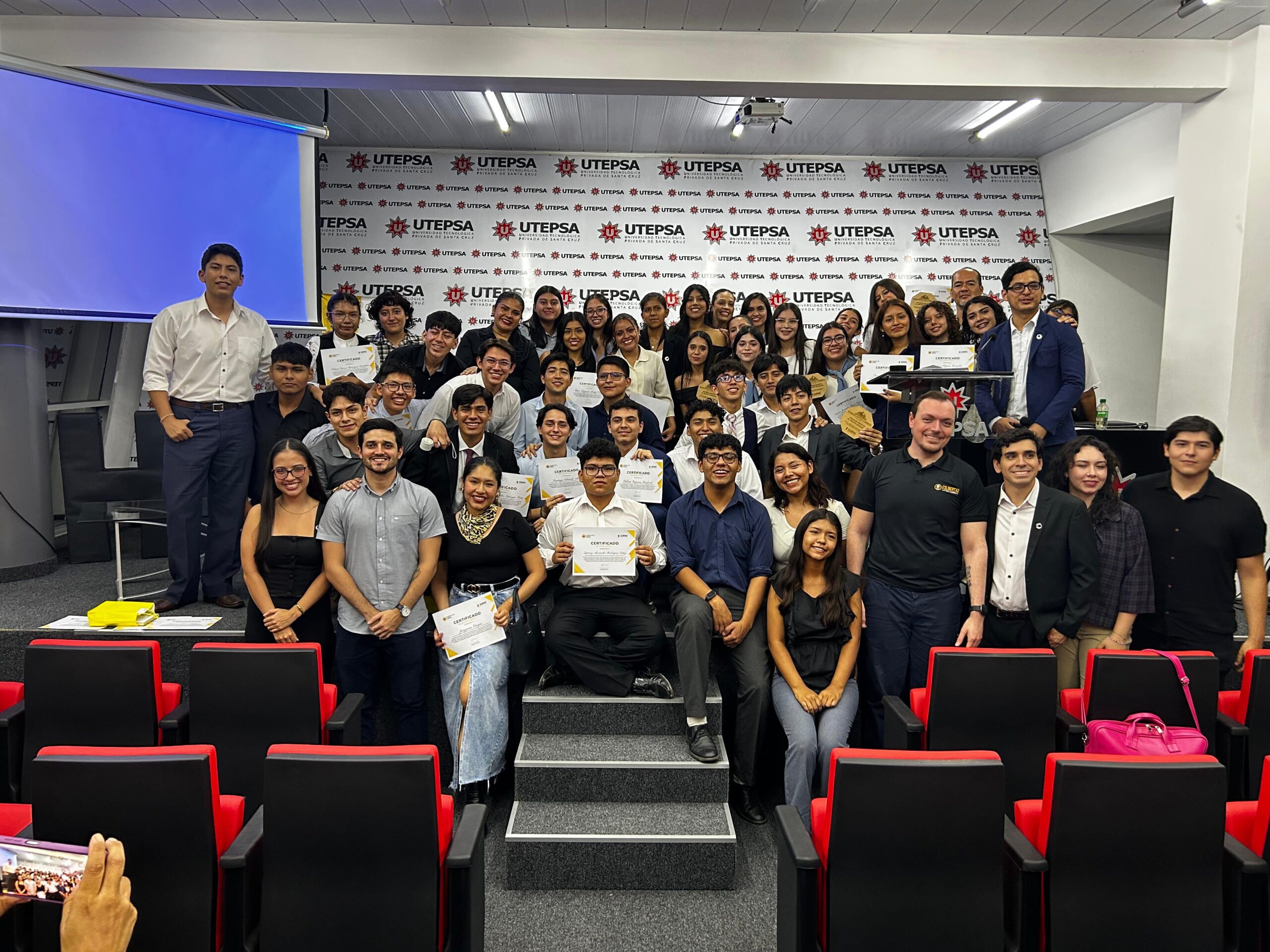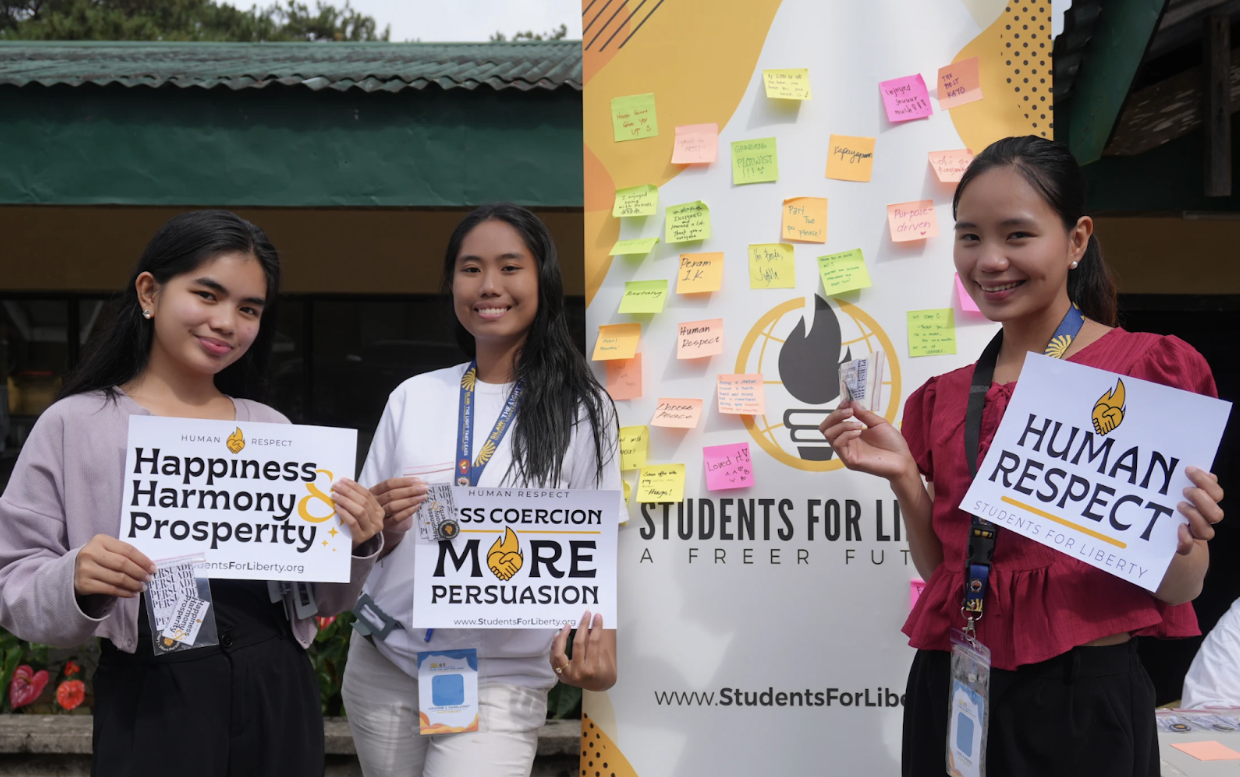The pandemic is not a crisis of capitalism, if anything it proves we will need free markets more than ever before.
National emergencies are a breeding ground for those who claim it confirms their worldview, who use them to push their own agenda long after the crisis passes. During COVID-19, they have once again slithered out of the woodwork.
The COVID-19 crisis is an exogenous supply-side shock
There has been no shortage of state apologists who feel vindicated by this unprecedented event, and wish to keep it this way. Once again our decadent individualist culture and corrupt capitalist system have apparently failed us, and now big government has stepped in to save the day.
In the U.K., BBC Newsnight described Chancellor Rishi Sunak’s 2020 rescue package as “embracing Keynesianism”. Professor Mariana Mazzucato posited that we should use this crisis to “think about capitalism differently”, and former Labour Party leader Jeremy Corbyn had a “told you so” moment where he stated he was “right” about public spending.
But this commentary on the government’s countermeasures fundamentally misses the point and the nature of the program.
What has happened with COVID-19 is a truly exogenous (i.e. non-economic) supply-side shock. In fact, it behoves the government to actively and explicitly “freeze” the labor force until the crisis passes. And, until it does, it is imperative to maintain the intricate web of market relations that form the economy, as this crisis is not a result of them being inherently rotten.
There is no “crisis of capitalism” or traditional economic recession here; there have been no bad investments, malignant animal spirits, or popped bubbles. There is no need to “right the wrongs of the market” like Keynesians and socialists desire to do, nor has the Chancellor done so.
This is simply a case of governments spending money, as governments of all stripes do. But the key distinction lies in when, how, and why they do so.
The highlight of the Chancellor’s plan involved paying a portion of people’s wages for a period of time. Direct cash transfers are some of the most economically neutral interventions a government can perform. It does not remotely resemble the kind of top-down Soviet economic planning or the grotesque market distortions we’ve witnessed both preceding and proceeding economic crashes.
Central planning fails to manage ever-changing economic processes
But, the critics say, we do see mass mobilization in the production and acquisition of medical equipment under Matt Hancock — surely this demonstrates the effectiveness of government-led planning?
It does in one respect, in the same way that governments needed conscription during World War II. But this does not mean it’s a good idea in day-to-day life. Governance involves learning, choices, and trade-offs, which means we shouldn’t forever sit in our bunkers with a rifle aimed at the door in anticipation of all manner of hypothetical events.
Who wants to see our dear comrades at the Department for Environment, Food and Rural Affairs decide who produces our food, how much food to produce, and who to give it to on an on-going basis—one brief glimpse at Maoist China suggests that governments are simply incapable of managing such complex and ever-changing economic processes.
We must push back against the idea of a state-led society
While there’s nothing inherently revolutionary about governments functioning differently during crises, this would certainly be a risk once the threat posed by COVID-19 is out of the picture.
The horrors of World War II didn’t stop after the flattening of Nagasaki. Rather, an ideological battle emerged between those who wished to return to normalcy, and those who saw merit in a state-led society. In Britain, it was the darlings of 20th century progressivism, the Attlee government, who pushed to make food rationing and identity cards a permanent feature in day-to-day life. In fact, it would take nine whole years to finally lay them to rest under Churchill’s second shot as Prime Minister.
Sunak stated that “this is not a time for ideology or orthodoxy”, but given the dramatic shift to the economic left in both the Conservative and Labour parties in recent years, it may well be once we are all fit and healthy again.
To read more about responses to the COVID-19 pandemic, be sure to check out our cluster page by clicking on the button below.
A version of this article was previously published by the Consumer Choice Center
Updated by Russell Coates
This piece solely expresses the opinion of the author and not necessarily the organization as a whole. Students For Liberty is committed to facilitating a broad dialogue for liberty, representing a variety of opinions. If you’re a student interested in presenting your perspective on this blog, send your piece to [email protected], and mention SFL Blog in the email subject line for your chance to be published and be seen!









